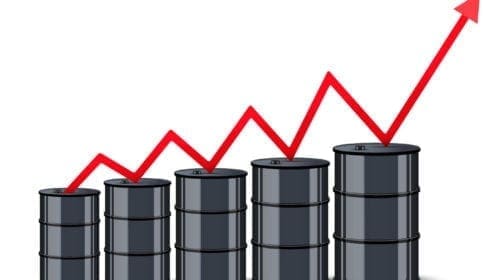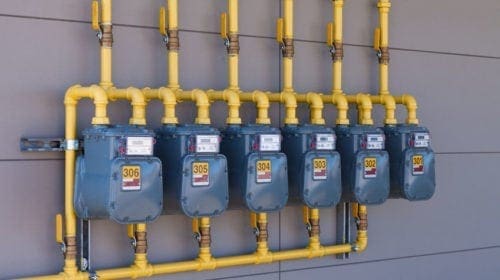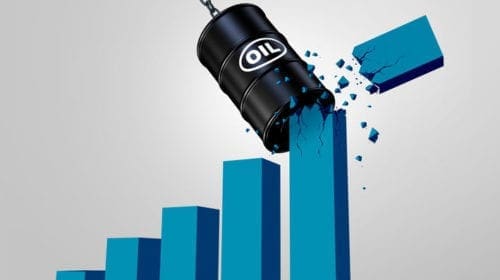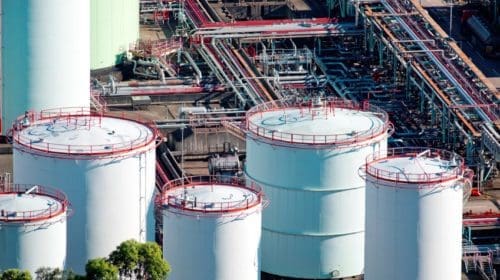The debate over climate change and the possible causes and solutions have included many topics including methane emissions from crude oil and natural gas. The discussion has been ongoing for quite some time.
Recently an official from the oil and gas regulatory agency in Texas pointed out that the industry in Texas, along with the oversight of the agency, has been able to significantly decrease emissions.
The official is Wayne Christian, who was first elected to the Texas Railroad Commission in 2016 and pointed out the success achieved.
“We all want clean air and water,” Christian began. “We all want to be good stewards of our land and natural resources. And over the last 50 years, America has proven that oil and gas production and a clean environment are not mutually exclusive. During this time, the Environmental Protection Agency’s major regulated emissions have decreased 77%, while the U.S. economy grew 285%, our population grew 60%, and our energy consumption grew 48%.”
Christian said Texas has been regulating oil and gas for more than 100 years and has focused on reducing methane emissions since the 2010s.
“Texas is the nation’s top oil and gas producer and has been working to decrease methane since the 2010s’ shale revolution,” he said. “Texas’ flaring rate went from a high of about 2.4% in 2019 and has since stayed at record lows around 1%, meaning 99% of gas produced goes toward beneficial use. Methane intensity in Texas has dropped about 85% in the last decade, while it’s also down 66% in the country.
“How about the U.S.’s CO2 emissions? They’re also down, overall, about 13% from 2011-2021. Domestic oil production’s carbon intensity is 23% less than everywhere else in the world.
“When looking at Earth’s atmosphere, methane is a tiny fraction at about .00017% and is measured in parts per billion (ppb). CO2 is about .04% and measured in parts per million. Parts per million and billion, folks. The two largest gases in Earth’s atmosphere are oxygen at 21% and nitrogen at 78%. Catastrophists are making ant hills into Mt. Everest.”
Christian said all energy requires trade-offs, including wind and solar, which wouldn’t exist without oil and gas. He said unnecessary federal regulations would hinder the industry’s ability to continue to be a leader in global energy production. Production lost from cleaner operations in the U.S. would result in dirtier production in other countries like China and Russia, he said.
Alex Mills is the former President of the Texas Alliance of Energy Producers.
Alex Mills is the former President of the Texas Alliance of Energy Producers. The Alliance is the largest state oil and gas associations in the nation with more than 3,000 members in 305 cities and 28 states.
Oil and gas operations are commonly found in remote locations far from company headquarters. Now, it's possible to monitor pump operations, collate and analyze seismic data, and track employees around the world from almost anywhere. Whether employees are in the office or in the field, the internet and related applications enable a greater multidirectional flow of information – and control – than ever before.









